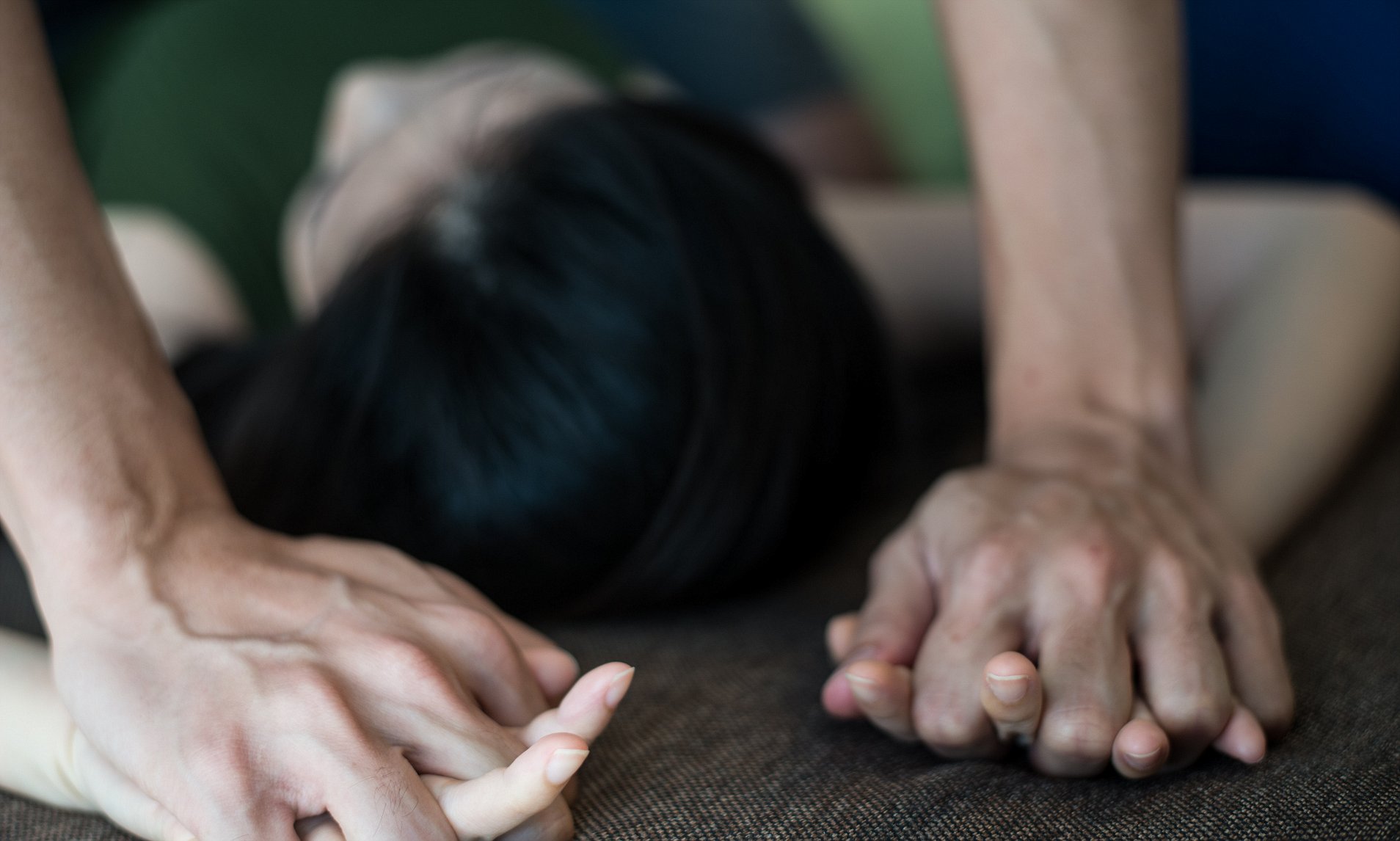Rape or sexual assault is an act in which a person intentionally and sexually touches another person without the person’s consent.
Others might likely define it as a person being physically forced to engage in a sexual act against their will.
In plain words, this is when a person penetrates another person’s vagina or anus with either a penis or by using an object, without the person’s consent.
It could also be from showing indecent images to another person, to kissing or touching them inappropriately.
Four out of 10 people walking down the street have experienced sexual assault and why most of them were scared to tell anyone what had happened to them at that time.
Cases of people coming forward and telling their stories have shown them that their voices can be heard.
Most victims of sexual assault who have been lucky to survive this far, either have tried committing suicide severally or have had to live with Post-traumatic stress disorder (PTSD).
In this article, WuzupNigeria will dissect and give insights on how victims of sexual assault can be supported.
I recently stumbled on the story of a lady who had been raped for so many years by her auntie’s husband.
The first thing that came to her mind was that the perpetrator was her uncle. Maybe it’s a one-time thing, he will stop, it must have been a mistake. So she kept quiet about it.
The second time it happened, she vowed to tell her auntie but ‘uncle’ threatened to kill her if word ever got out that he touched her.
Her pathetic story mirrored so many other victims of rape.
Below are what to do when you find someone in such a dilemma.
1. Let the victim know it is not their fault they got raped
You must have a listening ear. That is, do not judge or interject while they speak just listen.
Avoid using words like “I can’t believe that person would do such a thing” because you make it seem as though you don’t believe the sexual assault happened.
Avoid asking for details, don’t try to fix what happened, don’t ask why it happened, instead, the question should be “How can I help?”
2. Get them to trust you,
When they do, they can tell you everything.
3. See a doctor
After allaying their fear and getting the victim comfortable, the next thing option is to see a doctor.
According to Health Partners, a person who comes to the hospital after being sexually assaulted has a brief assessment and is placed in a private room within a few minutes.
Then, a nurse or doctor will examine the patient to see if they have medical needs that require immediate attention.
After the exam, a trained expert in sexual assault is called in with the patient’s permission.
They are called Sexual Assault Nurse Examiners (SANE).
4. Involve the police
With the permission of the patient, make a police report. A police report is not required to receive an exam by a SANE.
A police report may also be made in the days after an exam if the patient chooses.
Remember that most of the time it is hard for these victims to open up. At times it’s the fear of the unknown that envelopes them. But having someone they trust is the first step to getting better.











